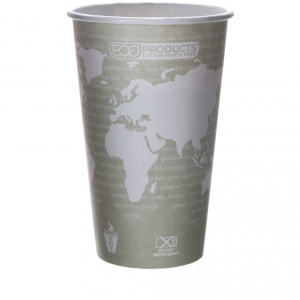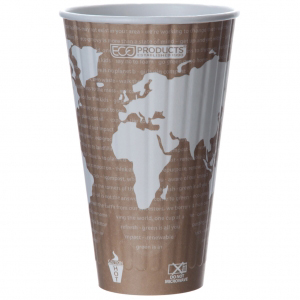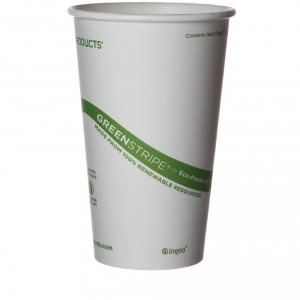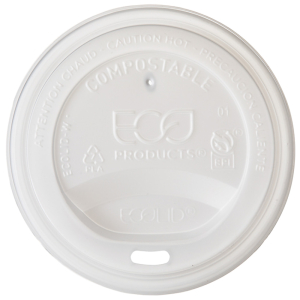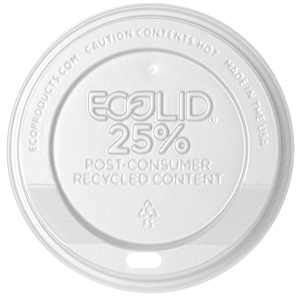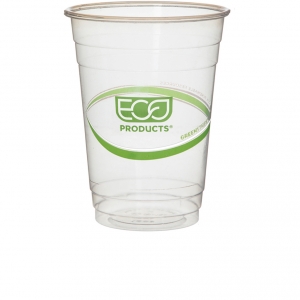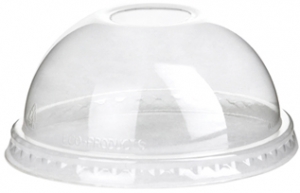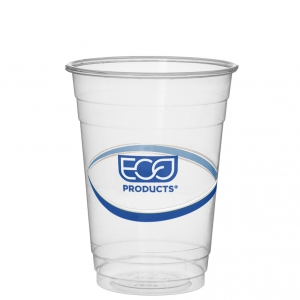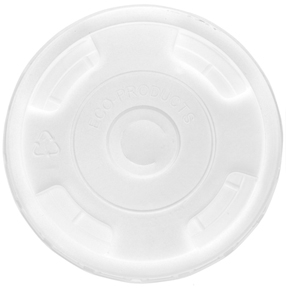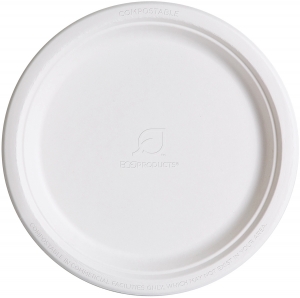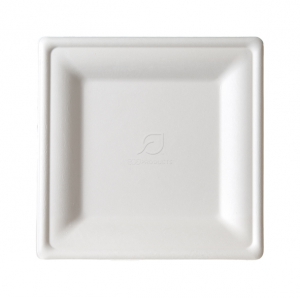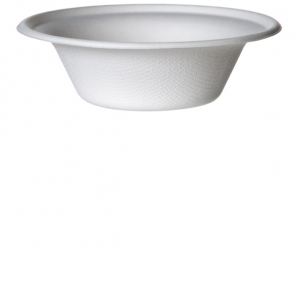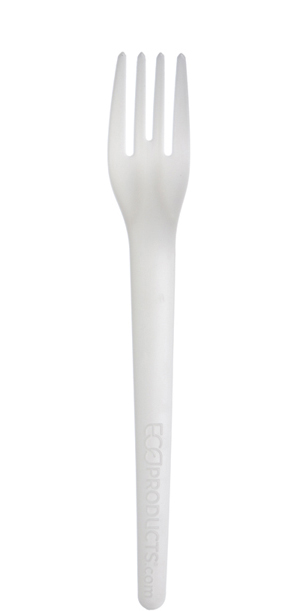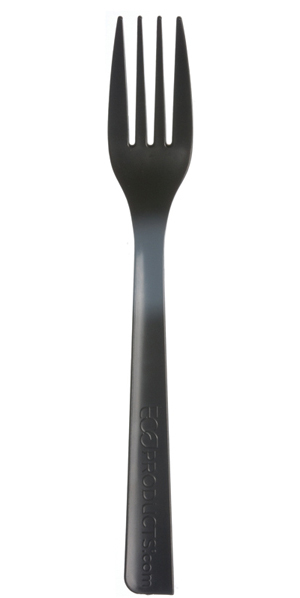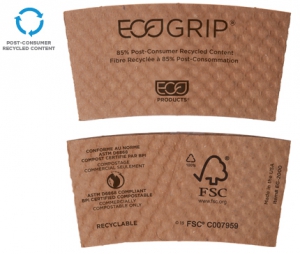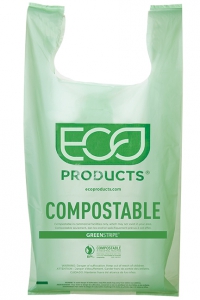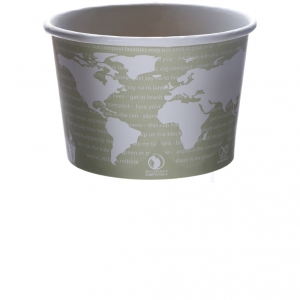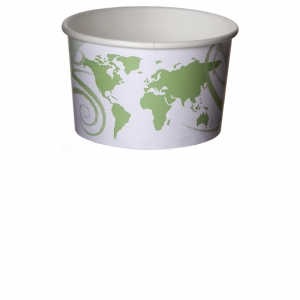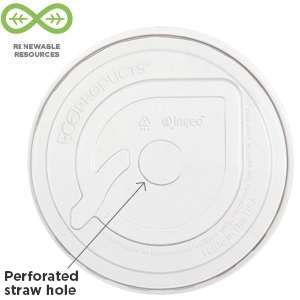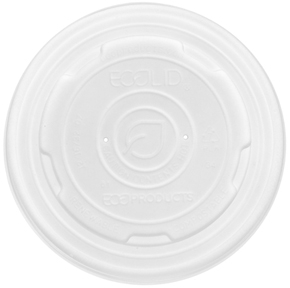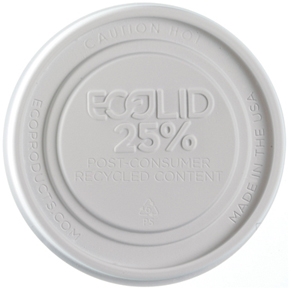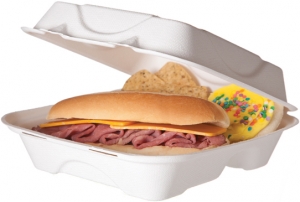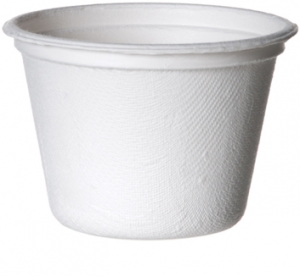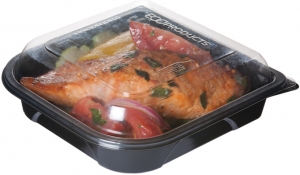(2010) The Fastest-Growing Green Companies
Call them genius ideas. Call them money-making machines. You could even call them recession-proof, but we won't shoot them in the feet. So, for now, let's call them the Inc. 500 — America's fastest-growing private companies.
While the list isn't a new measurement of entrepreneurial success (it's been around for more than 20 years), it's an intricate calculation that may find more hidden gems than say, Forbes' list of "Most Promising Companies" or Fortune magazine's "World Most Admired Companies" rundown.
Measured according to the percentage of revenue growth between 2006-2009, these businesses are different than those that thrived in the early-2000 glory years. And some of these companies have set a precedence for what could be on the horizon for the next decade: green is now for the businessman.
"The companies on this year's list are not a fad. They're growing in a time when the economy is down," says Kasey Wehrum, director of the Inc. 500. "It shows that companies with environmental products are not only surviving — they are thriving."
It's no secret there's money to be made in the renewable energy department with buckets-full of deep-pocketed private investment and major government tax breaks. But the top spots weren't all energy-centric this year.
"One of the interesting things on this year's list is how spread out the companies are," says Wehrum. "They reach across all kinds of industries. There's a lot of renewable energy companies on the list, but it also crosses over to other industries, like a garbage collection company."
In a list of 500, we found three stand-out companies on three ends of the eco-spectrum, from energy to manufacturing, to end-of-life disposal.
Gazelle
Coming in at No. 24, Gazelle has used its cash-for-gold scheme to create a solution to one of the environmental sphere’s more complicated issues of proper e-waste disposal.
According to the U.S. EPA, nearly 15 pounds of e-waste per person was junked in 2007, and it continues to be a problem across the spectrum, for manufacturers, retailers and consumers. Gazelle has found a new home for about 20,000 functional and defunct electronics.
Using secondary retailers such as eBay, the website will estimate your item’s worth and pay you cash for it. But if your clunky television from 1989 isn’t worth more than a piece of chewing gum, Gazelle will still recycle it for free.
“We actually lose a nickel here and a dime there on recycling, but it helps us make morally conscious decisions and serve our customers,” spokesperson Kristina Kennedy told CNN last year.
But despite the small losses, the company of just 94 employees has had a three-year growth rate of 7,120 percent and a 2009 revenue of $8.3 million.
Mercury Solar Systems
At No. 337 on the list, Mercury Solar Systems isn’t the top solar company on the Inc. 500, but it is one of innovation that we expect to continue to climb.
With a three-year growth rate of 870 percent, the company has completed more than 1,000 solar installations totaling 12 megawatts of energy, catapulting it to one of the top solar integrators on the East Coast.
“We had a vision in 2006 – to build a new kind of solar energy company before solar was mainstream,” says President and Co-Founder Jared Haines. ”But as the market for solar has heated up, we have continued to innovate ourselves to maintain our leadership position.”
Mercury Solar Systems secured financing from Oppenheimer & Co. Inc. in 2008, giving it what Haines says was the “added financial flexibility to expand our presence both organically and through strategic acquisitions.”
As government incentives increase for solar projects and renewable energy, Haines believes it’s just the beginning of a long and profitable road.
“We have only scratched the surface [...] The current federal and state incentives, especially in New Jersey and Pennsylvania, are some of the best we have seen,” he says. “This makes the return on investment for commercial customers as little as two years, eighteen months for residential customers. A solar energy system is one of the best investments you can make today, and we don’t believe this trend shows any sign of letting up.”
Eco-Products
Twenty years ago, Eco-Products started as a father-son team in Boulder, Colo., selling recycled-content office supplies to local companies. Today, it ranks No. 297 on the Inc. 500 list and boasts a 2009 revenue of $47.5 million.
Eco-Products has now expanded their product line from recycled paper to the trendy bioplastic industry. One of the company’s bestsellers is its compostable PLA (polylactic acid) cup made from renewable plant resources.
“In the beginning of 2007, we saw the positive reaction to our alternative single-use cup, and everyone loved it,” says Director of Marketing Wendell Simonson. “That’s when we made the decision to start our own brand of green service products centered around the PLA technology. It has been 3 years of phenomenal growth since then.”
But on the heels of failed climate legislation and a shift in focus to the renewable energy sector, it may be reasonable to assume that recycling and recycled content is done, making Eco-Products a risky endeavor under these conditions.
“The reason that you hear recycling is done is that, rightfully so, climate change is the ‘signature issue’,” Simonson says. “But we can’t get this fixed fast [...] so, issues around energy are a little less tangible to the general public. Whereas, if you’re holding a compostable beer cup and have the ability to place that cup in something other than a trash bin, that can be a very powerful.”
Even if you’re not a green company…
It’s still easy to implement practices that will ultimately lower overall environmental impact. As list-topping companies unrelated to the green industry have proven, becoming more efficient is a plus on both the consumer-facing side and the back-end of the business.
In Inc. magazine’s CEO surveys, Wehrum says many company-heads noted that a streamlined, eco-friendly operation created a better working environment.
“A lot of the feedback we’ve gotten is that these companies have adopted more green businesses practices because it just makes good business sense,” he says. “Especially in a down economy, it helps them operate as a leaner company.”
Source:

